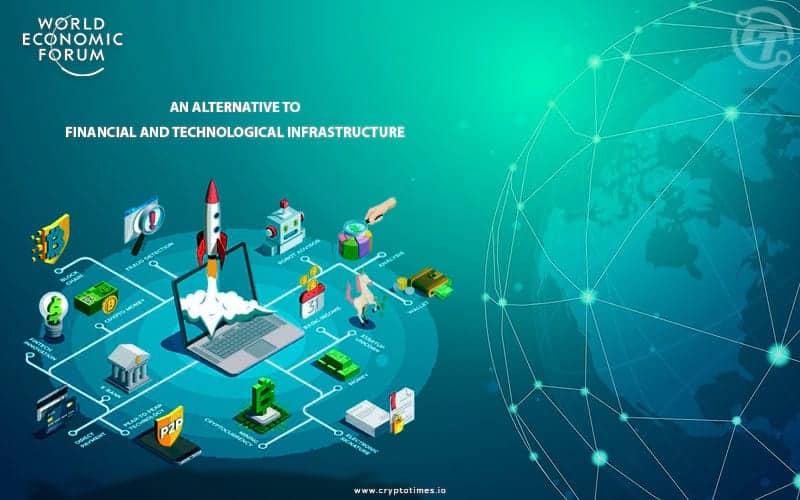Cryptocurrencies can enable financial inclusion, says the World Economic Forum (WEF) in a report. Financial exclusion provides easy access to useful and affordable financial products and services, saving credit, and insurance.
According to a report by WEF, the crypto economy can replace the traditional financial system. The crypto economy is global, open source, and accessible to all with the internet. Start participating in cryptocurrency today, and participation is not limited to purchasing or selling cryptocurrencies. Participating includes governance voting, staking, examining blockchain transactions using mining transactions, security much more.
Over 1.7 billion people who remain unbanked can easily access financial services. The widespread use of digital finance services delivered via mobile phone, internet, or cards. It can boost the annual GDP of all emerging economies by $3.7 trillion, said the report.
Moreover, Financial inclusion efforts have been driven by sponsorship and work of government, institutions, and banks. However, the increasing popularity of the internet, open-source technology, growing investment in cryptocurrencies, public blockchain networks, and protocols to build this infrastructure are already underway.
The crypto economy is just the early beginning of a new open financial system. There are illegal uses of cryptocurrencies. The percentage of identified illegal activity among all cryptocurrencies from 2017 to 2020 was less than 1%. While estimates of illegal activity in the economy as a whole are 2-4% of global GDP.
BAE system report published in 2020 noted, “Identified cases of laundering through cryptocurrencies remain relatively small compared to the volume of cash laundered through traditional methods.”
Energy Consumption
The Bitcoin network consumes a large amount of power to incentivize distribution, decentralization; the participation needed to secure it makes it economically difficult to take over the network.
According to the review in 2021, the bitcoin network consumes an estimated ~113.89 TWh/yr in total. The energy “always on” electrical devices in American households is estimated at 1,375 TWh/yr, which is 12.1X that bitcoin network. We can say that development of financial inclusion may be worth the power consumption of half of the American appliances.
Also Read: Top Five Crypto-ready Countries Prepared for Widespread Adoption of Crypto
Bitcoin mining is designed to be commercially efficient and globally, which means mining is often found in locations with low-cost power. These power sources leverage hydro, natural gas, and in some cases, wind and solar.
In reports from 2019 and 2020, the percentage of carbon-neutral bitcoin mining ranged from 70% to 39%. As a result, bitcoin mining can run anywhere and is “Better positioned to consume power”.
“If you are in a developed country, perhaps you take unrestricted access to the financial system for granted. If you are in an emerging country, this type of access may seem unrealistic without financial and technological experience,” said WEF in a report.







